Some 400 million years ago, humanity’s ancient sea-dwelling ancestors made a giant leap to land, sprouting weight-bearing fins that would eventually carry us out of the water forever. So what precipitated this evolutionarily pivotal change of terrain? According to recent research led by Malcolm MacIver, a computational neuroscientist and engineer at Northwestern University in Illinois, the jump to solid ground might have more to do with vertebrates’ eyes than limbs. Testing their theory that exponentially clearer views of bountiful prey above water led our ancestors to select for eyes atop the head, with primitive limbs coming long after, MacIver and colleagues ran extensive fossil-data simulations. They concluded that above-water sight did indeed provide an ‘informational zip line’ out of the water – what they call the buena vista (or ‘good view’) hypothesis. Moreover, they believe that those above-water views would eventually lead our land-dwelling ancestors to select for prospective cognition – the ability to mentally place oneself in the future – while fish were left in the muck of the moment.
Why did our sea-dwelling ancestors leap to land? It might have been the view
Writer and Producer: Kristin Pichaske
Animation: Kaleida Studio, Cartuna
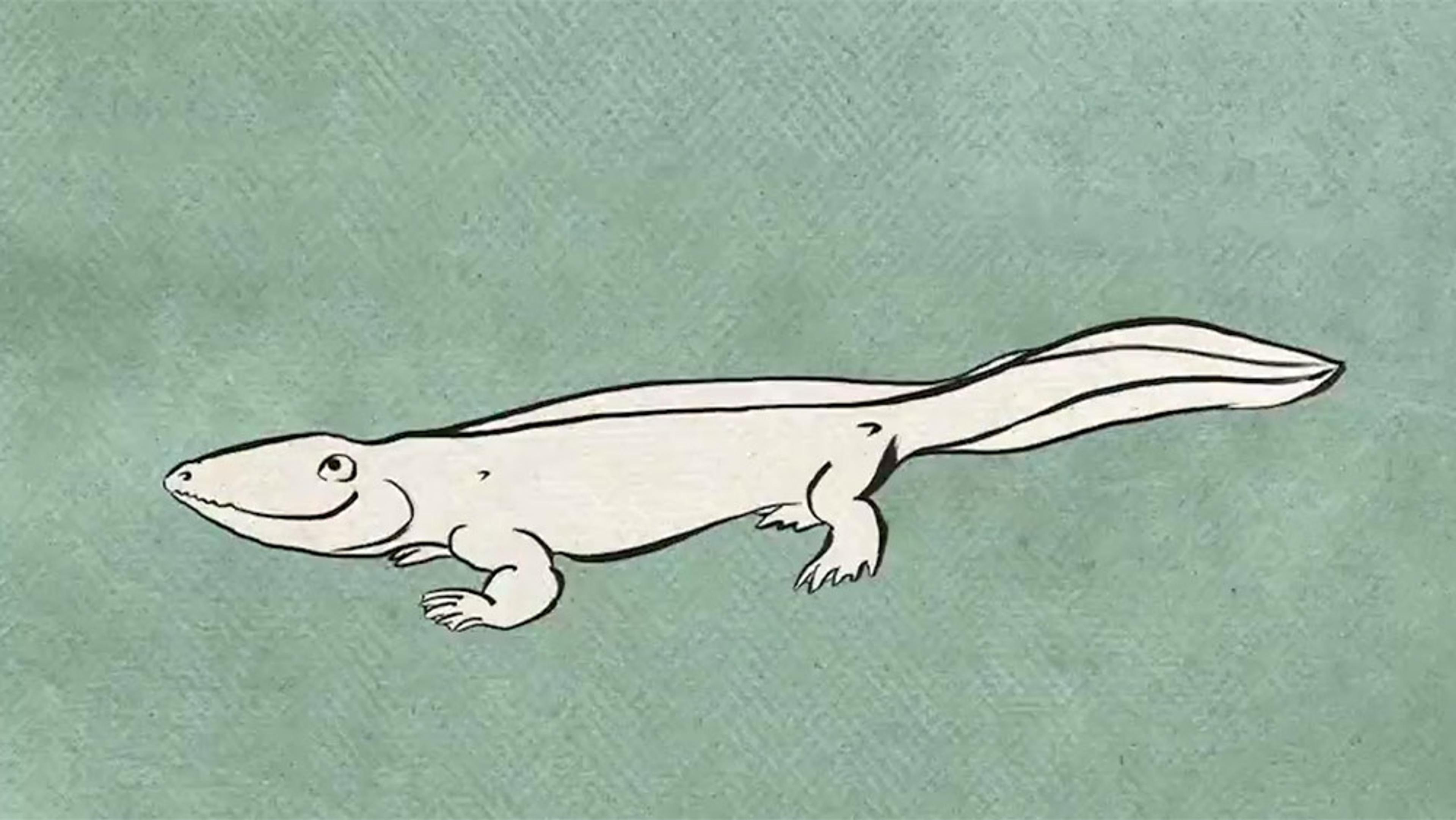
videoHuman evolution
Human to fish, and back again: a brisk walk through our evolutionary history
1 minute

videoEvolution
What the spitting archerfish might tell us about small-brain intelligence
4 minutes
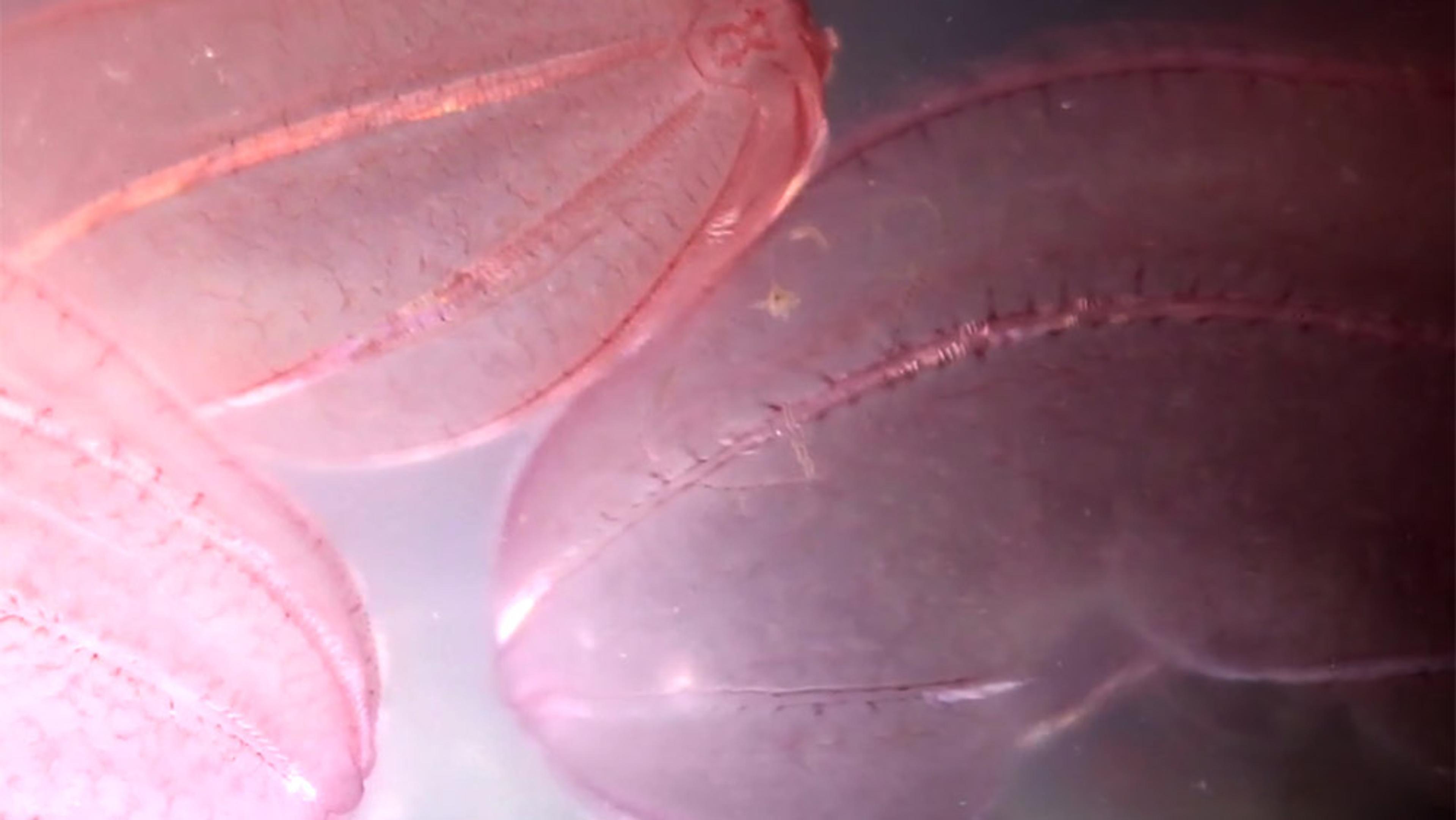
videoEvolution
Take a shimmering, surreal swim with what might be the Earth’s oldest animals
7 minutes

videoEvolution
Watch as the whale becomes itself: slowly, slowly, from land to sea, through deep time
10 minutes
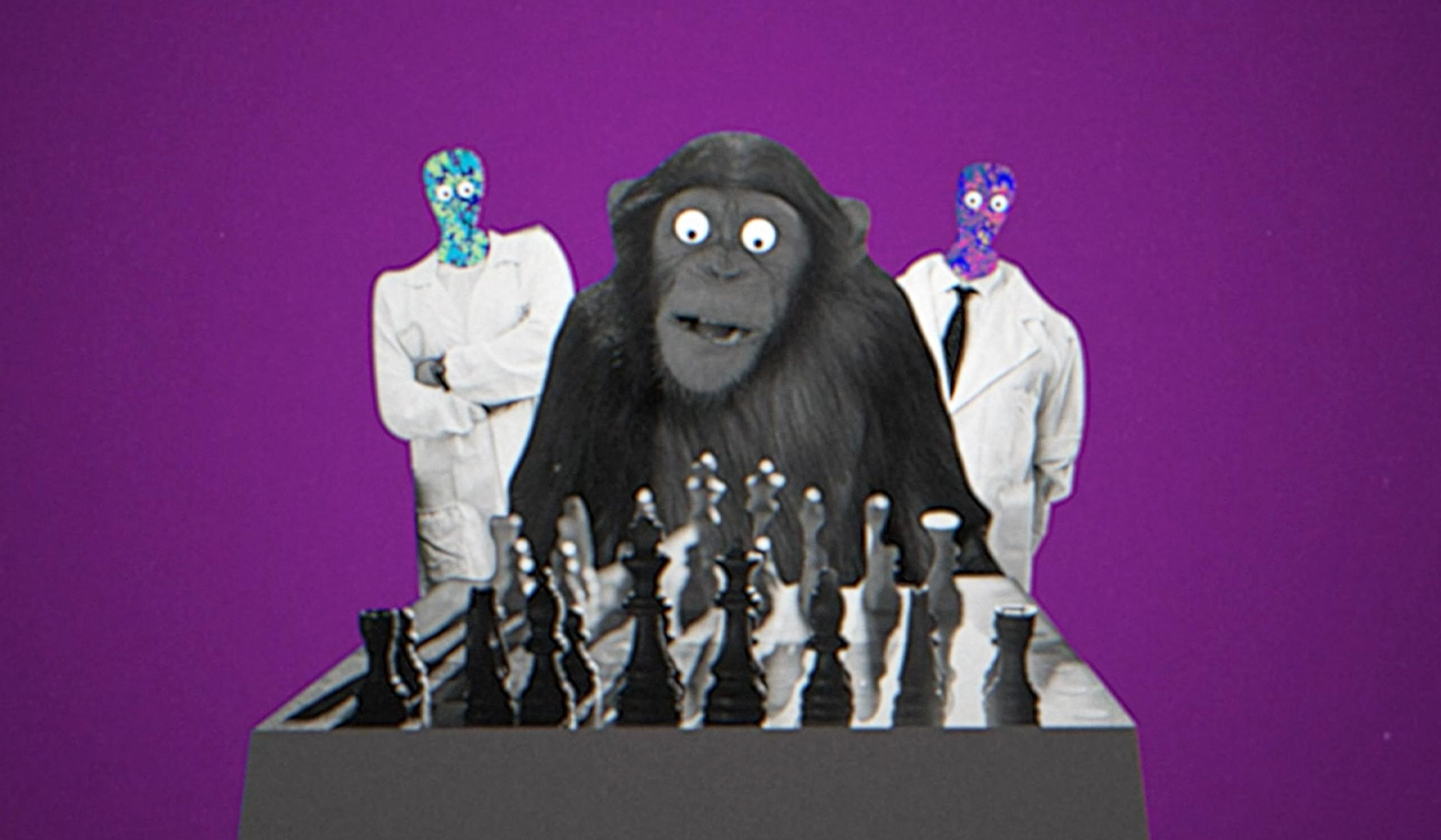
videoEvolution
Why making if-then connections might be the key to consciousness
5 minutes
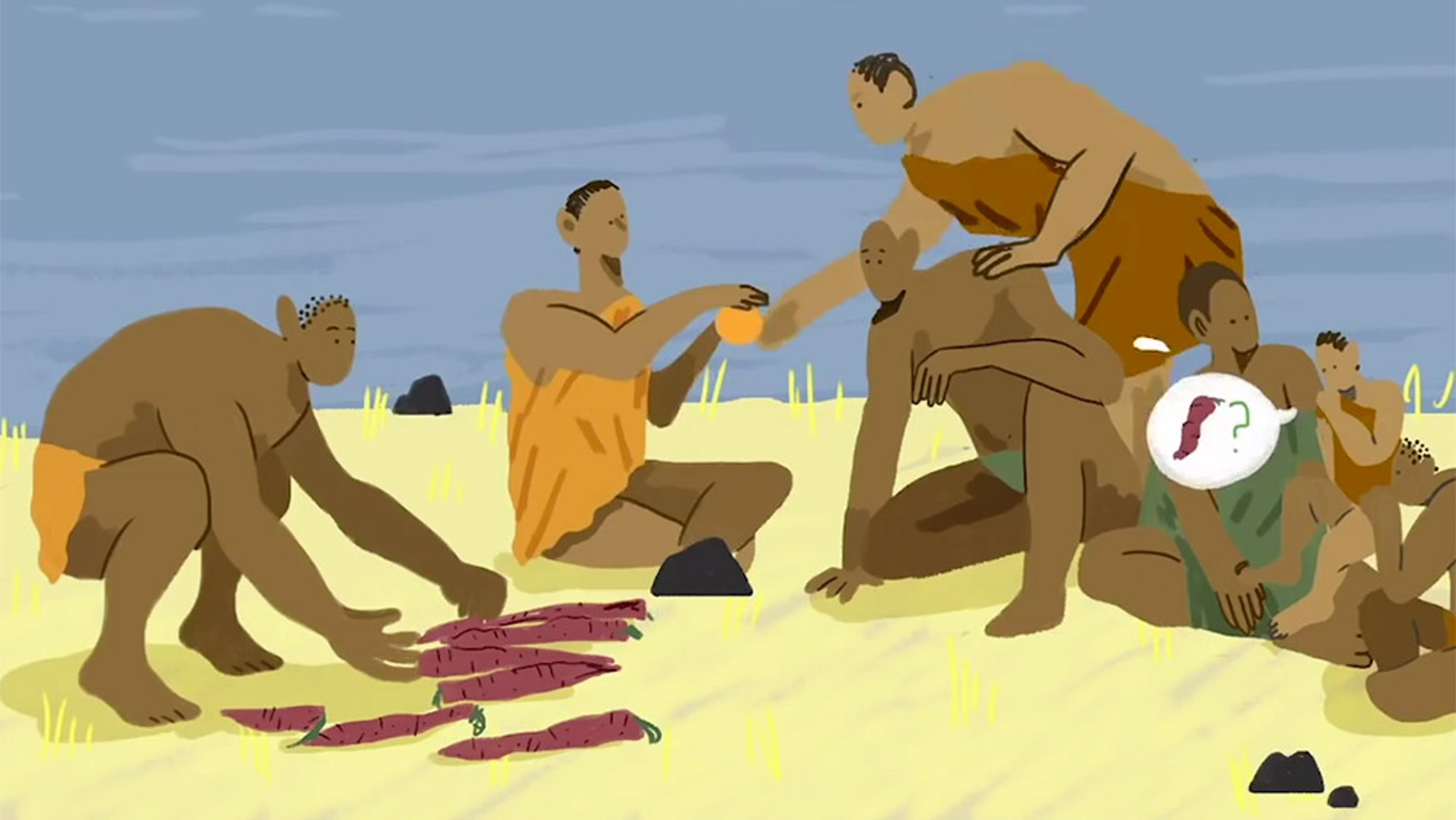
videoHuman evolution
Could grandmotherly love help to explain how we became human?
3 minutes

videoEvolution
The many ways a lizard tongue sticks, grasps, pinches and plops – in slo-mo
6 minutes
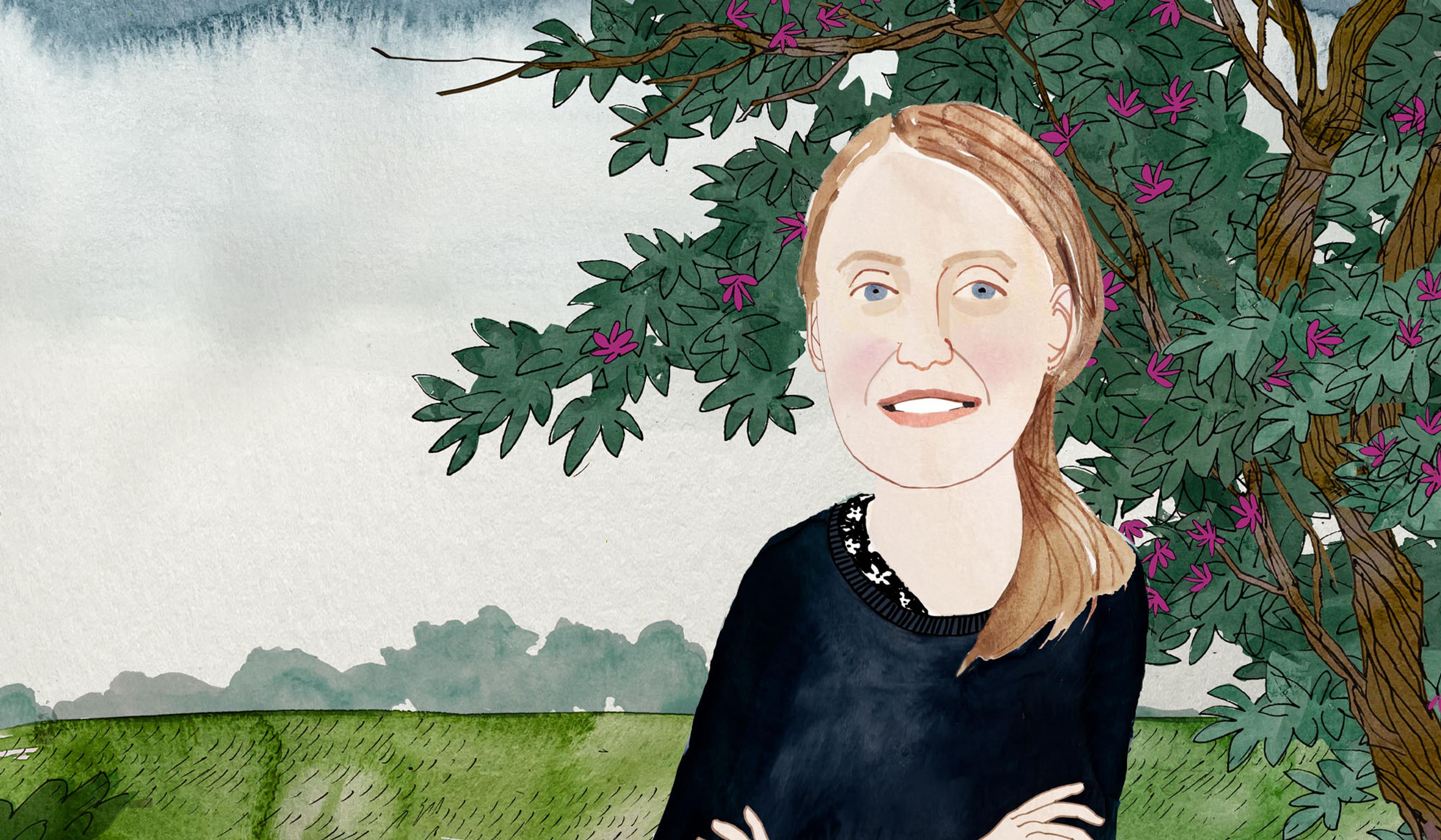
videoCognition and intelligence
How a ‘periodic table’ of animal intelligence could help to root out human bias
5 minutes

videoConsciousness and altered states
It’s impossible to see the world as it is, argues a cognitive neuroscientist
40 minutes